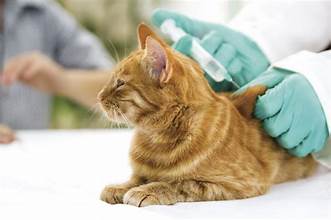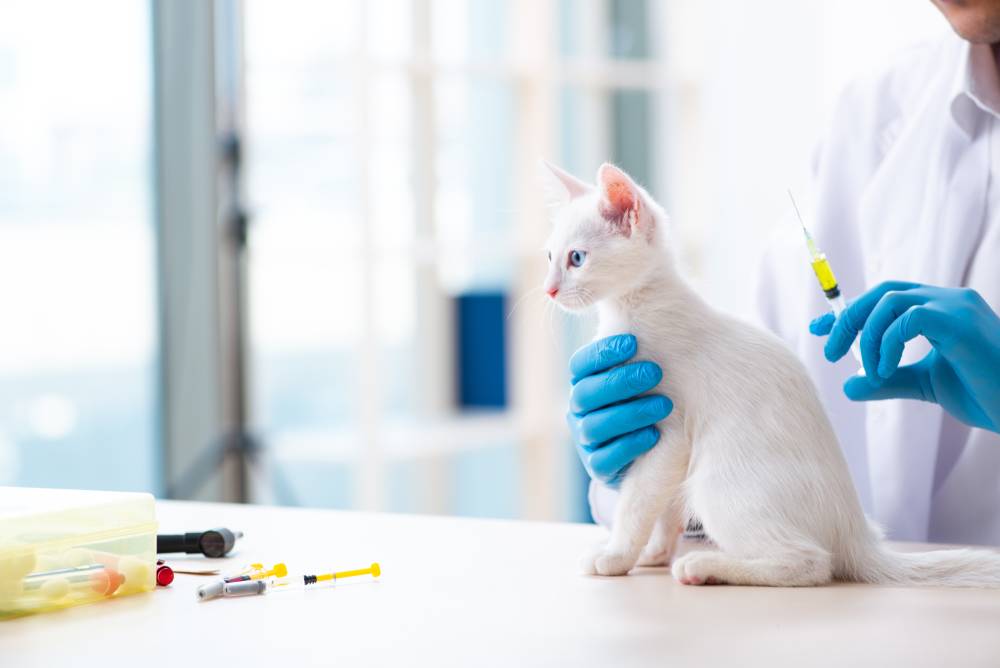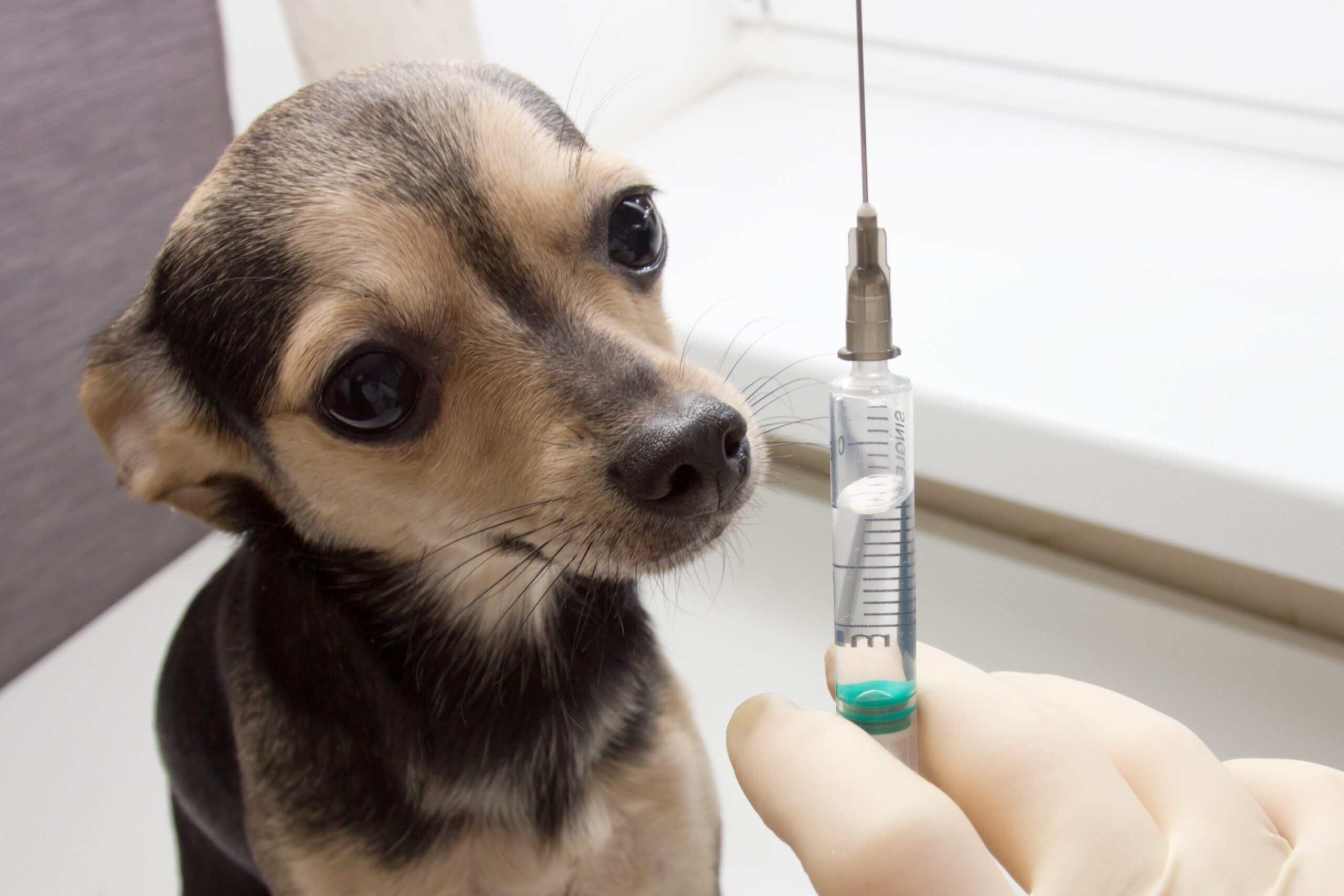
When it comes to ensuring your pet’s health and longevity, regular vaccinations play a pivotal role. Much like humans, pets are susceptible to a range of diseases, some of which can be fatal if not properly managed. This article explores why maintaining an up-to-date vaccination schedule is essential for your pet’s health and well-being, and how it benefits both your furry friend and the broader community.
Understanding Pet Vaccinations
Vaccinations are a proactive measure to protect pets from infectious diseases. They work by stimulating the immune system to recognize and fight pathogens without causing the actual disease. This “training” of the immune system helps prevent serious illnesses and can be a life-saving intervention.
The Importance of Regular Vaccinations
- Prevention of Serious Diseases
Vaccinations are designed to prevent a range of potentially severe and often fatal diseases. For dogs, common vaccines include those for parvovirus, distemper, and rabies. Cats are typically vaccinated against feline leukemia virus (FeLV), feline immunodeficiency virus (FIV), and panleukopenia. These diseases can have devastating effects on your pet’s health, and vaccinations are the best way to keep them protected. - Protecting Public Health
Certain pet diseases can also affect humans. For example, rabies is a zoonotic disease, meaning it can be transmitted from animals to people. Keeping your pet vaccinated against rabies not only protects them but also safeguards the health of your family and community. - Avoiding Expensive Medical Costs
Preventative care through vaccinations is generally more cost-effective than treating a disease once it has developed. The cost of vaccinations is minimal compared to the potential expense of treating severe illnesses or managing long-term health problems that arise from lack of vaccination. - Ensuring Pet Longevity and Quality of Life
Regular vaccinations contribute to your pet’s overall health and well-being, allowing them to live a longer, healthier life. Vaccinated pets are less likely to suffer from debilitating diseases that can affect their quality of life. - Compliance with Legal Requirements
In many areas, vaccinations are required by law. For instance, rabies vaccinations are often mandatory for dogs and cats. Keeping up with these requirements helps avoid legal issues and ensures that your pet is compliant with local regulations.
Types of Vaccines and Their Schedules
Pet vaccinations can be categorized into core and non-core vaccines. Core vaccines are recommended for all pets, regardless of their lifestyle. Non-core vaccines are recommended based on the pet’s exposure risk and lifestyle factors.
- Core Vaccines
- Dogs: Rabies, Distemper, Parvovirus, Adenovirus
- Cats: Rabies, Feline Panleukopenia, Feline Herpesvirus, Feline Calicivirus
- Non-Core Vaccines
- Dogs: Bordetella (Kennel Cough), Leptospirosis, Lyme Disease
- Cats: Feline Leukemia (FeLV), Feline Immunodeficiency Virus (FIV)
When to Vaccinate
Puppies and kittens typically begin their vaccination series between 6-8 weeks of age, with booster shots administered every few weeks until they reach 16 weeks. Adult pets need booster shots at regular intervals, which can vary based on the vaccine type and the pet’s health status.
Signs That Your Pet Might Need a Vaccination
If your pet exhibits signs such as lethargy, loss of appetite, or unusual behavior, it could indicate a health issue. Regular veterinary check-ups, including vaccinations, can help detect and address potential problems early on.
Working with Your Veterinarian
Your veterinarian is your best resource for determining the appropriate vaccination schedule and addressing any concerns about your pet’s health. They will consider factors such as your pet’s age, health condition, lifestyle, and exposure risks to tailor a vaccination plan that best suits their needs.
Conclusion

Regular pet vaccinations are a critical aspect of responsible pet ownership. They not only protect your furry friend from serious diseases but also contribute to public health and compliance with legal standards. By adhering to a regular vaccination schedule, you ensure your pet leads a healthier, happier, and longer life.



